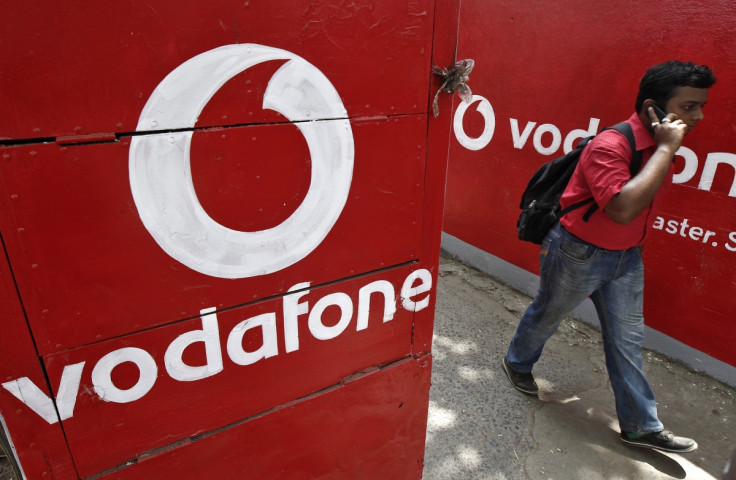Biggest British multinationals paid little or no UK corporation tax in 2014

Most of the biggest companies in Britain paid no corporation tax in the country in 2014, despite global profits of more than £30bn ($42.73bn, €39.46bn), according to a report in the Sunday Times. The likes of Shell, British American Tobacco, Lloyds Banking Group, Vodafone, the brewer SABMiller and the drugs company AstraZeneca paid nothing in corporation tax.
BP and Glaxo Smith Kline, another drug company, refused to reveal how much they had paid, though GSK said it paid some.
HSBC and drinks company Diageo paid £238m between them, on combined profits of more than £14bn.
However, there is no hint of any wrongdoing from any of the companies.
The Sunday Times' investigation follows the news of the embarrassing tax sweetheart deal between George Osborne and Google, which agreed to pay just £130m in back corporation taxes for a period dating back to 2005, despite making billions in profits. The move, originally hailed as a win for the Exchequer, backfired after tax experts, campaigners and MPs suggested that as it was just a 3% effective rate, and so represented a desultory return for the UK.
Facebook, another major online player, also faces regular criticism after it was revealed that it paid just £4,327 in corporation tax in 2014.
While these companies are not making all their billions of profit in Britain alone, they are nevertheless the top 10 companies on the London Stock Exchange. The firms claim that as multinationals, they pay corporation taxes in other countries, and that they also pay billions in other taxes in the UK.
Most said that investment costs, interest payments on outstanding loans or the costs of running HQs in the UK ate up their profits in this country.
Dodgy tax deals
Vodafone has been pursued for years by activist groups over what they claim is tax avoidance. After a long legal battle, the mobile phone firm agreed to pay £1.25bn in tax over the acquisition of Mannesman which it had routed through Luxembourg to avoid liabilities. Experts and campaigners were incensed, having estimated that this deal let them off the hook to the tune of around £6bn.
BAT, meanwhile, was among 35 companies ordered to pay £524m in unpaid taxes earlier this month, after the European Commission ruled that they had been illegally given tax breaks by the Belgian government.
Competition commissioner Margrethe Vestager said at the time: "The European Commission has concluded that selective tax advantages granted by Belgium under its 'excess profit' tax scheme are illegal under EU state aid rules.
"Belgium has given a select number of multinationals substantial tax advantages that break EU state aid rules. It distorts competition on the merits by putting smaller competitors who are not multinational on an unequal footing."
© Copyright IBTimes 2025. All rights reserved.






















